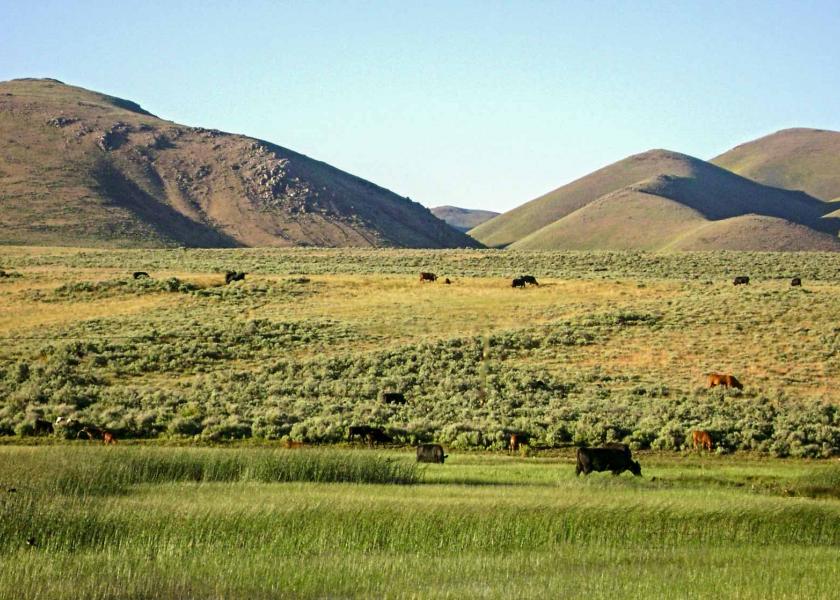Nalivka: Time to Begin Thinking About U.S. Food Security

Government statistics released this week indicate that inflation in the U.S. economy is now running at an annualized rate of 9.1%, the highest since 1981. Food prices rose 10% and also the highest year-over-year increase since 1981. In response and as expected interest rates are moving higher. At the same time the primary contributor to inflation, the flow of dollars via the U.S. Treasury into the economy, continues.
Those three sentences can easily set the tone for a 500-page essay on U.S. monetary policy and the Federal Reserve. Don’t worry, that is not my intent, but instead to make a few brief comments on U.S. food security. This is a topic which I believe to be facing critical risk and one that should start to be on the minds of U.S. consumers as they have faced significantly higher grocery bills over the past 12 months. My objective is to bring to light, not the topic in terms of income and access, but rather the much larger issue of national food security and U.S. production agriculture.
The government began taking an active and significant role in U.S. food prices with policy that dates back to 1933 and FDR. I am not a policy expert, but while those policies have several intended goals, the primary goal was to assure Americans would have adequate supplies of “affordable food.” In three words, that can be translated to “cheap food policy”. That policy has obviously worked and while I have questions with that alone, the much larger issue is environmental policy in response to climate change and the impact on national food security in the U.S. and globally.
Over the last two years there has been much discussion about how supply chain disruptions have created bottlenecks in the U.S. food supply. This situation has been further aggravated by disruptions in the global grain and fertilizer markets caused by the war in Ukraine which poses the first issue, managing America’s food security in response to global trade issues.
The second issue and one that is just as important is the impact of environmental activism on U.S. food security. Obviously environmental stewardship is important. The vast majority of American farmers and ranchers know this and they manage crop and livestock production accordingly. However, the goal to reduce food production as a response to how to address climate change, not just in the U.S. but globally, has become the mantra of the activists. One rather recent and shocking example is in Sri Lanka. Sri Lanka was a country that was prospering as the major exporter of tea until fertilizer was banned through a government policy to shift the country to organic farming. In short, the country’s economy was destroyed, and it is now in chaos. The Netherlands is experiencing the same situation through similar government policy to “save the environment.”
While there has always been the drive to initiate short-sighted environmental policies managed by government, discussions are ramping up whether it involves Federal lands use, taking out the dams in the Pacific Northwest, or farming and cattle production and methane. Supply chain disruptions and rising food prices might be the wake-up call to consumers, but the bigger culprit is misguided environmental policies that impact long-term U.S. food security.







